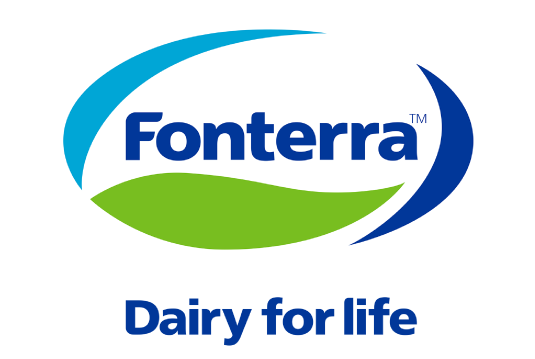Reducing emissions with the help of seaweed
Updated 16 June 2025
This trial was paused in June 2025 and is currently under review.
In a step towards a potential solution to dairy farm emissions, we’ve partnered with Sea Forest to see if using seaweed in cows’ feed can reduce greenhouse gasses.
The trial will use Asparagopsis, a seaweed grown naturally in Australia and New Zealand, as a supplement feed for herds in Tasmania during the coming milk season.
In laboratory testing led by CSIRO, the seaweed has shown the potential to reduce the emissions from cows by more than 80 per cent*.
Fonterra Australia Sustainability Manager Jack Holden says helping farmers to produce milk more sustainably is a priority for Fonterra.
“Most dairy farming emissions come from the methane cows produce as they digest their feed.
“Early testing shows the potential for these emissions to be reduced by incorporating natural seaweed into cows’ diets, so we are keen to see if those test results can be replicated in dairy herds at scale,” says Holden.
The trial will be tightly controlled to ensure the cows and their milk are safe.
Sea Forest founder Sam Elsom says he’s excited to be teaming up with Fonterra on this initiative.
“We’ve been developing this product for 18 months, so commencing this trial is a real milestone for us. This is the first trial we’ve engaged with and we hope it can assist in improving research in this space and bring us closer to commercialising this product as a feed supplement, to significantly reduce the carbon footprint of milk production.”
“We’ve partnered with Fonterra because of their commitment to sustainability and innovation.”
Hopefully this is a step forward in reducing our emissions and developing more sustainable farming processes.
Jack Holden says the initiative holds enormous potential for both Fonterra and the dairy industry more broadly.
“We’re excited to be leading the way in developing more sustainable farming practices and look forward to working with our farmers on this trial.
“Hopefully this is a step forward in reducing our emissions and developing more sustainable farming processes.”
The trial in Australia is part of our Co-operative’s wider efforts to tackle emissions. Our team at Palmerston North’s Research and Development Centre have also been looking at ways to reduce emissions by creating new fermentations that we’re calling Kowbucha™, which could potentially switch off the bad bugs that create the methane in cows.
Fonterra is also working with the Pastoral Greenhouse Gas Research Consortium (PGGRC) and DairyNZ on the development of numerous methane mitigations for the most targeted use in NZ dairy farming.
* Kinley, R. D., de Nys, R., Vucko, M. J., Machado, L., & Tomkins, N. W. (2016). The red macroalgae Asparagopsis taxiformis is a potent natural antimethanogenic that reduces methane production during in vitro fermentation with rumen fluid. Animal Production Science, 282-289. Available from from: https://www.publish.csiro.au/an/an15576

